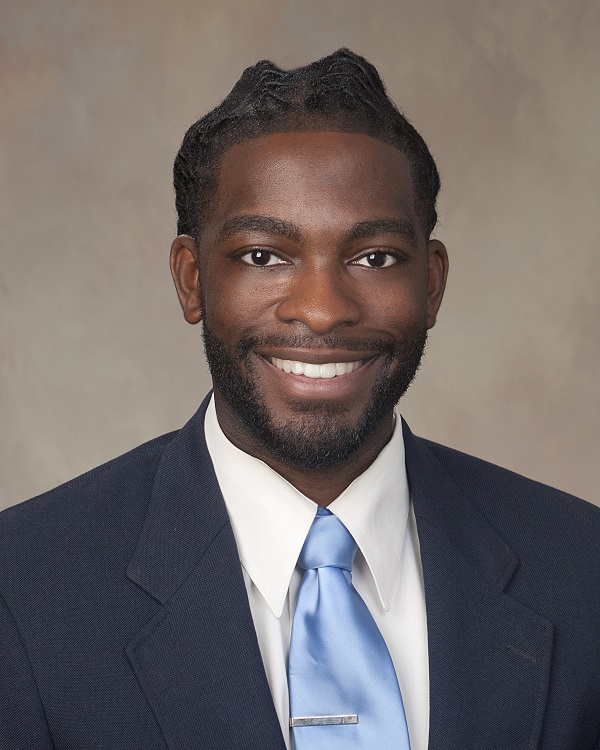Defending Financial Democracy: Experts Provide Insights on Current Consumer Protection Developments and Importance of CDFIS
November 10th, 2023
by Kiyadh Burt, Director of Policy
Last week, Hope hosted its Economic Mobility Forum: Defending Financial Democracy. The forum convened a group of national and regional experts to discuss the importance of institutions like Community Development Financial Institutions (CDFIs) and the Consumer Financial Protection Bureau (CFPB) to uplift strategies for wealth generation and protection.
Opportunities to build wealth through home and small business ownership are essential to improving economic mobility for historically underserved populations as interest rates and costs of living rise. Unfortunately, these opportunities elude low-resourced communities while predatory lending traps and other wealth stripping practices abound. CDFIs and the CFPB represent a vanguard in providing access to affordable financial services and protection against predation amidst these challenges. These institutions, however, find themselves at critical junctures in their histories navigating a series of unprecedented threats.
The forum addressed these challenges, first, with an overview of the CFPB’s recent research on credit access and banking needs in the South. The reports provide a comprehensive look at the dwindling prevalence of bank branches, account access, mortgage loan access, and small business lending. CFPB Senior Engagement & Policy Fellow, Diane Standaert highlighted from the reports that borrowers in the rural south experience fewer bank branches per person, higher unbanked and underbanked rates, and uneven access to credit opportunities as compared to the rest of the country, particular in the states of Mississippi and Louisiana. These data and other findings set the stage for the following panel on advancing economic mobility.
Tyronne Walker, Vice President of Policy, Strategic Partnerships, and Development at the Urban League of Louisiana, and Hope Policy Institute discussed current threats to economic mobility and strategies of wealth building. Building on the data provided by the CFPB, this discussion focused on racial disparities in economic outcomes like the racial homeownership gap, small business access to capital, and lacking data collection measures to ensure accountability. Panelists also discussed solutions to overcome these obstacles such as increasing investments in CDFIs and Minority Depository Institutions (MDIs) with strong track records of serving rural, communities of color, stronger consumer protections, more effective organizing among community institutions, and robust, transparent data collection for small business lending.
The keynote panel session explored the current landscape of legal developments for the CFPB and other critical institutions for consumer protections. Amber Koonce of the Legal Defense Fund and Bill Bynum, CEO of Hope, discussed the Supreme Court case concerning the institutionality of the CFPB’s funding structure, recent court cases on race explicit and race neutral language in higher education admissions and federal investment programs. Koonce underscored that race conscious policies and programs are not inherently unconstitutional. They, however, must past scrutiny of the courts which place a primary on data collection and demonstrated impact towards race conscious goals. For the CDFI industry, which faces similar challenges with race language, Bill noted that CDFIs have become the target of lawsuits for simply carrying out mission related work, but must continue to provide critical services to low-resourced communities. The overwhelming directive moving forward from the discussion was to lean into the mission driven work of CDFIs.
CDFIs and the CFPB play essential roles in the bridging of gaps and the safeguarding of assets. Despite the current attacks against consumer protections and the communities that stand the benefit the fair lending practices, these institution must continue to thrive. Continued investment into CDFIs and an independent funding structure of the CFPB are critical in ensuring historically underserved communities are on track for greater economic mobility.
To watch the economic mobility forum and review event materials, please visit here.






